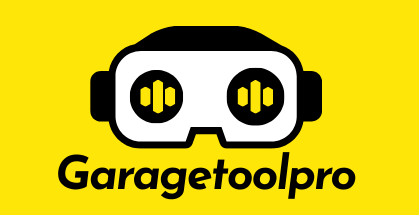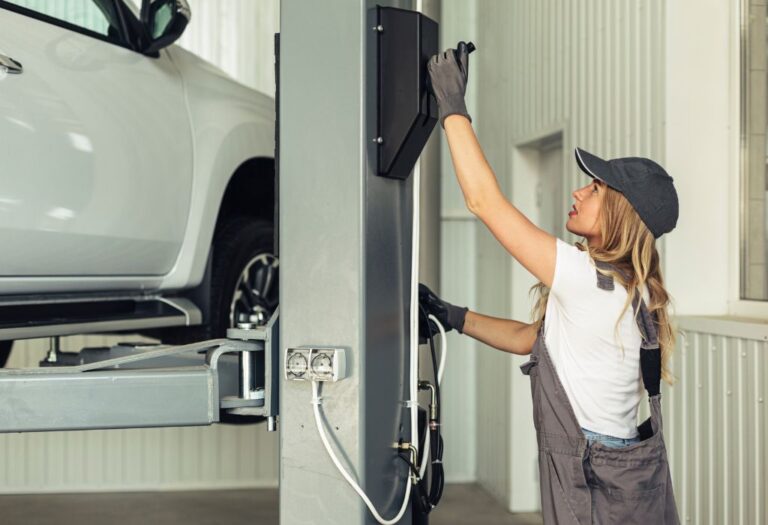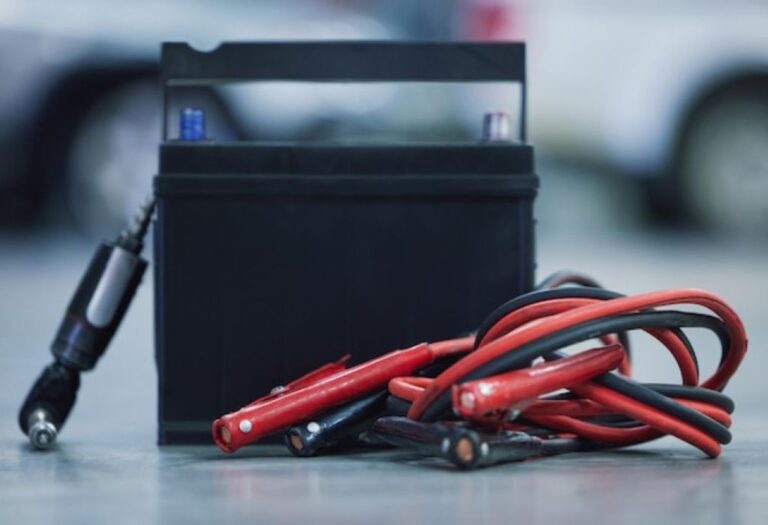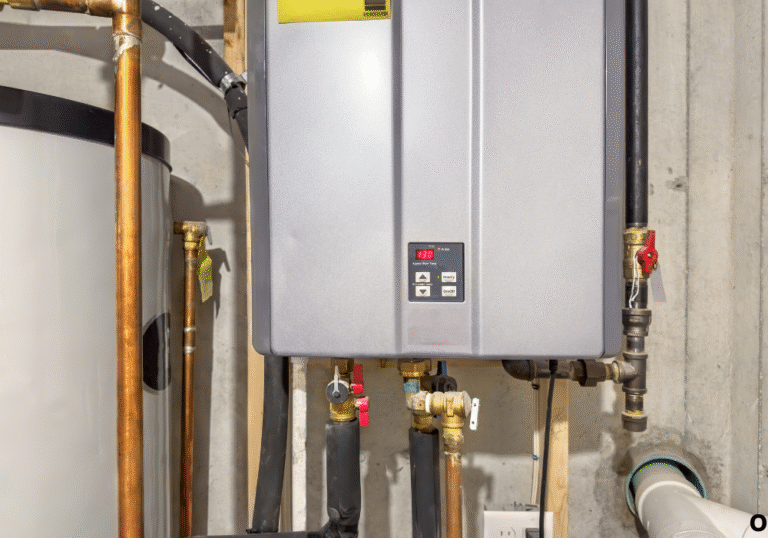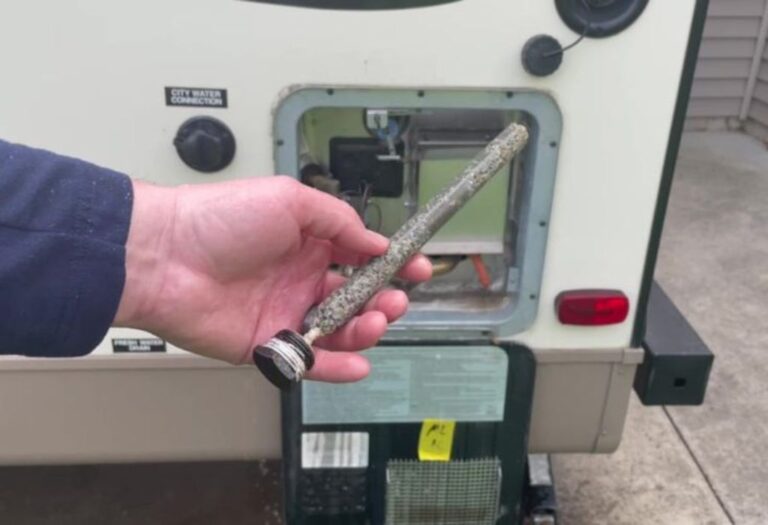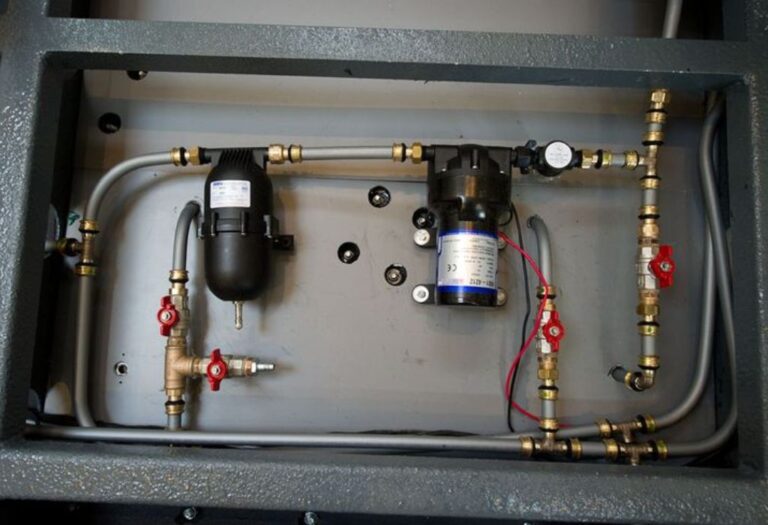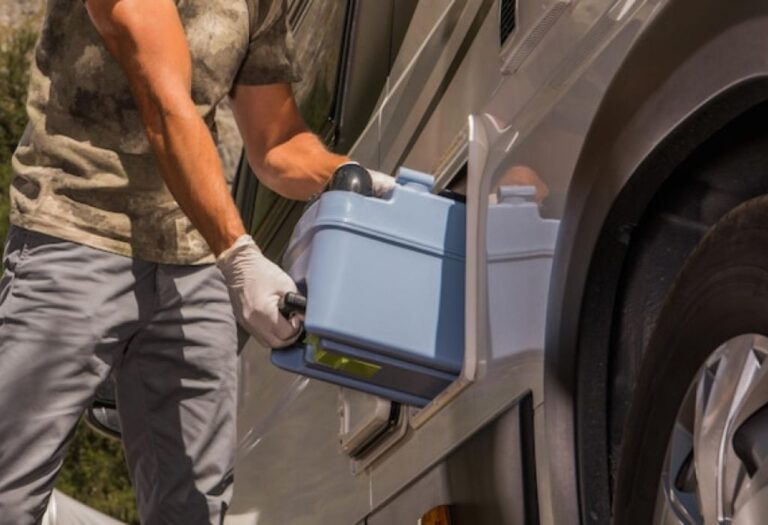Does a Generator Charge an RV Battery? Complete 2025 Guide
An RV owner camping far from hookups may wonder whether the loud hum of their generator is actually charging the batteries or only running appliances.
This question is common among both new and experienced RVers, since not all generator setups work the same way when it comes to battery charging.
Some RVs charge efficiently when the generator runs, while others deliver slow or incomplete charging that leaves batteries drained overnight.
Relying on assumptions can lead to frustration, dead batteries, or damaged equipment if the system is not understood.
According to the RV Industry Association, more than 11 million U.S. households own an RV, and many depend on generators for camping without hookups.
Generators provide reliable AC power, but whether they charge batteries depends on the electrical components in the RV.
Understanding this relationship is crucial for safe, efficient, and cost-effective RV power management.
This guide explains how generators interact with RV batteries, the charging process, and tips for better performance in 2025.
Do Generators Charge RV Batteries Directly?
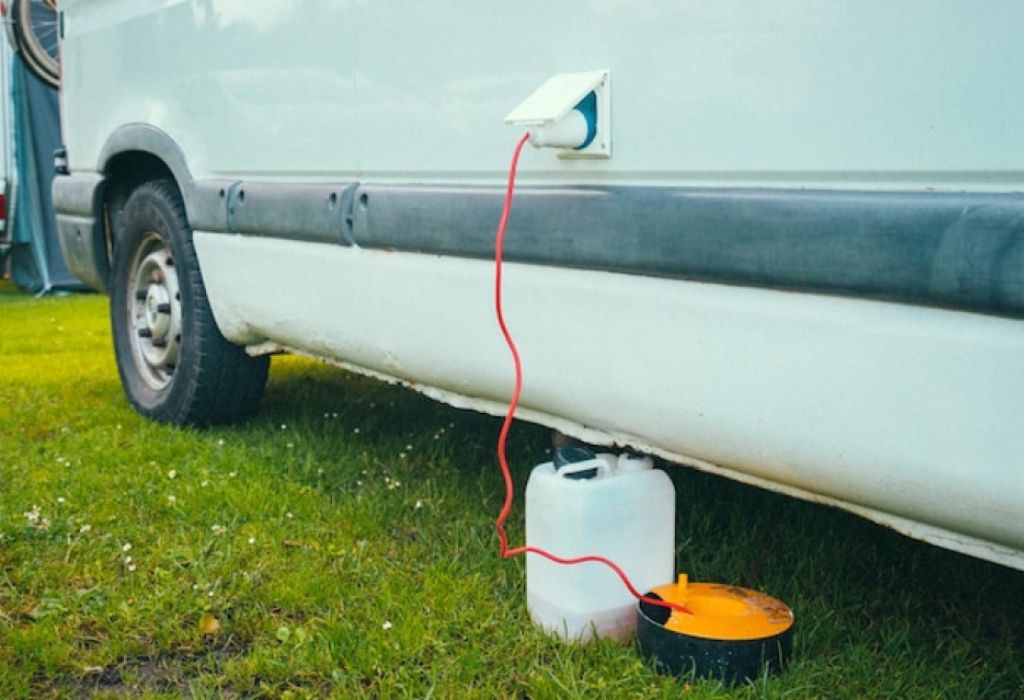
Generators do not charge RV batteries directly, as they only produce AC power for appliances. To charge a battery, that AC power must pass through a converter or inverter/charger.
The converter changes AC power into DC power that batteries can store. Without this step, the generator cannot recharge your RV batteries.
Many modern RVs come with built-in converters, but older models may require upgrades. In some cases, the generator only runs appliances unless a proper charging system is installed.
This means the charging ability of a generator depends heavily on the design of the RV’s electrical system.
Does a generator charge RV batteries directly?
No, it requires a converter or inverter/charger.
Do I need a converter for charging?
Yes, it changes AC to DC power.
Does every RV have a charger built-in?
Most newer ones do, older models may not.
Can I connect batteries straight to a generator?
No, it can damage batteries.
Does the generator run appliances too?
Yes, it powers appliances along with charging.
How the RV Electrical System Works With a Generator
When a generator runs, it produces AC electricity similar to what comes from shore power. This AC supply powers appliances and also feeds the converter for battery charging.
The converter transforms AC into DC, which flows into house batteries. If the RV has an inverter/charger, it manages charging cycles more efficiently with smart controls.
An automatic transfer switch directs electricity between shore power and generator. This ensures that only one power source is active at a time.
Understanding these components helps RVers troubleshoot slow charging or incomplete battery recovery.
How does a generator power an RV?
It supplies AC electricity for appliances and charging.
What does the converter do?
It turns AC into DC power for batteries.
What is an inverter/charger?
It manages efficient charging cycles.
Do all RVs have transfer switches?
Motorhomes do, smaller trailers may not.
Can I upgrade my RV’s charger?
Yes, smart converters improve performance.
Charging Speed: How Long Does It Take?
The time it takes to charge an RV battery with a generator depends on several factors. Generator wattage, converter size, and battery type all play important roles.
A larger converter can deliver higher amps to the batteries, recharging them faster. A smaller or older converter may take many hours to recover battery power.
Deep cycle batteries, common in RVs, take longer to fully recharge compared to starting batteries. Lithium batteries, on the other hand, can charge more quickly with the right equipment.
In many cases, fully recharging drained RV batteries can take anywhere from four to ten hours of generator runtime.
How long to charge RV batteries with a generator?
Four to ten hours, depending on setup.
Do bigger generators charge faster?
Only if paired with larger converters.
Does battery size matter?
Yes, larger batteries take longer.
Do lithium batteries charge quicker?
Yes, with proper chargers.
Does partial charging damage batteries?
Yes, repeated shallow charging shortens life.
House Batteries vs Chassis Batteries
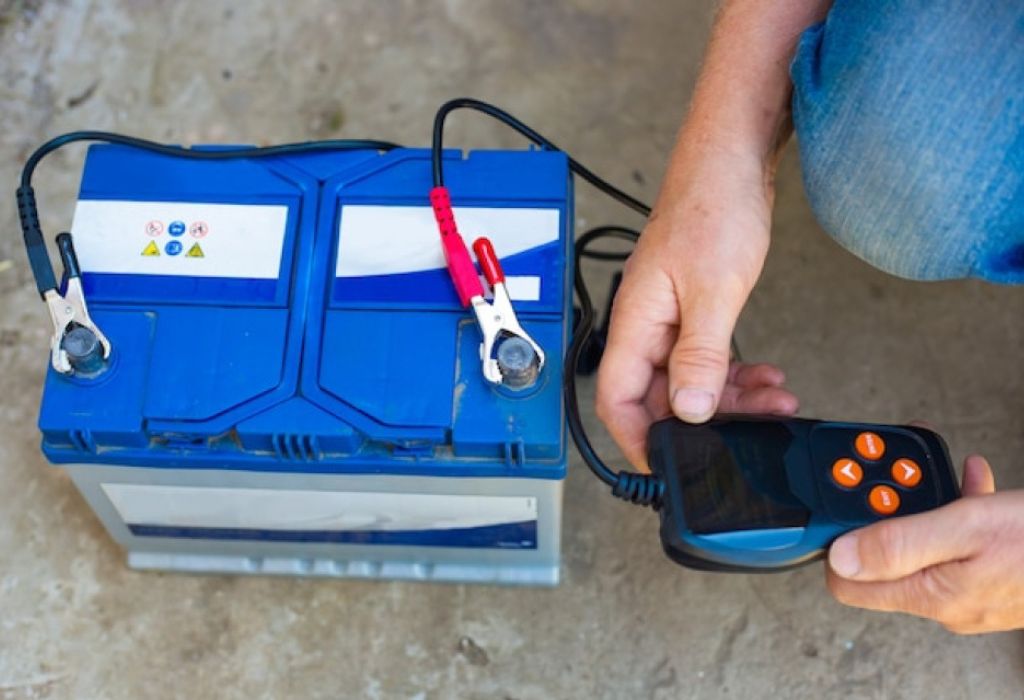
An RV typically has two types of batteries: house batteries and chassis batteries. House batteries power lights, appliances, and electronics, while the chassis battery starts the engine.
Generators usually focus on charging the house batteries. Chassis batteries may or may not receive charging, depending on the RV’s wiring and isolator setup.
Some RVs include battery isolators or combiners that allow charging both sets from the generator. Without them, only house batteries get recharged.
This difference is important when planning long trips or off-grid camping.
Does the generator charge the chassis battery?
Not always, it depends on wiring.
Does it charge house batteries?
Yes, that is the main function.
What if I need both charged?
Use an isolator or combiner.
Do I need a battery isolator?
Yes, if you want both charged.
Do motorhomes charge differently than trailers?
Yes, setups vary widely.
Using an Inverter Generator for RV Charging
Inverter generators produce clean, stable power that is safer for RV systems. They prevent voltage spikes that can damage electronics and chargers.
These generators are quieter than conventional models, making them campground-friendly. They also adjust output based on demand, which improves fuel efficiency.
An inverter generator is often the best choice for boondocking or long off-grid stays. It provides reliable power while protecting sensitive devices.
While more expensive, they extend battery life and improve overall charging performance.
Is an inverter generator better for RVs?
Yes, it provides cleaner, safer power.
Are they quieter than regular generators?
Yes, they are designed for low noise.
Do they save fuel?
Yes, they adjust to demand.
Do they extend battery life?
Yes, by providing stable charging.
Are they worth the cost?
Yes, for frequent campers.
Common Problems When Charging With a Generator
Slow charging often results from converters that produce low amperage. Many older RVs use 30-amp converters that cannot recharge batteries quickly.
Old or damaged batteries also resist charging and take longer to recover. A weak battery may never fully charge, no matter how long the generator runs.
Running the generator for short periods is another problem. Batteries need sustained charging cycles to reach full capacity.
Faulty wiring, bad isolators, or defective converters can also prevent proper charging.
Why won’t my generator charge batteries?
Likely due to faulty or weak components.
Does age affect battery charging?
Yes, old batteries resist charging.
Is short run-time a problem?
Yes, it prevents full charging.
Can wiring issues stop charging?
Yes, faulty wiring blocks power flow.
Do faulty converters cause issues?
Yes, they limit charging speed.
Tips to Improve Generator Battery Charging
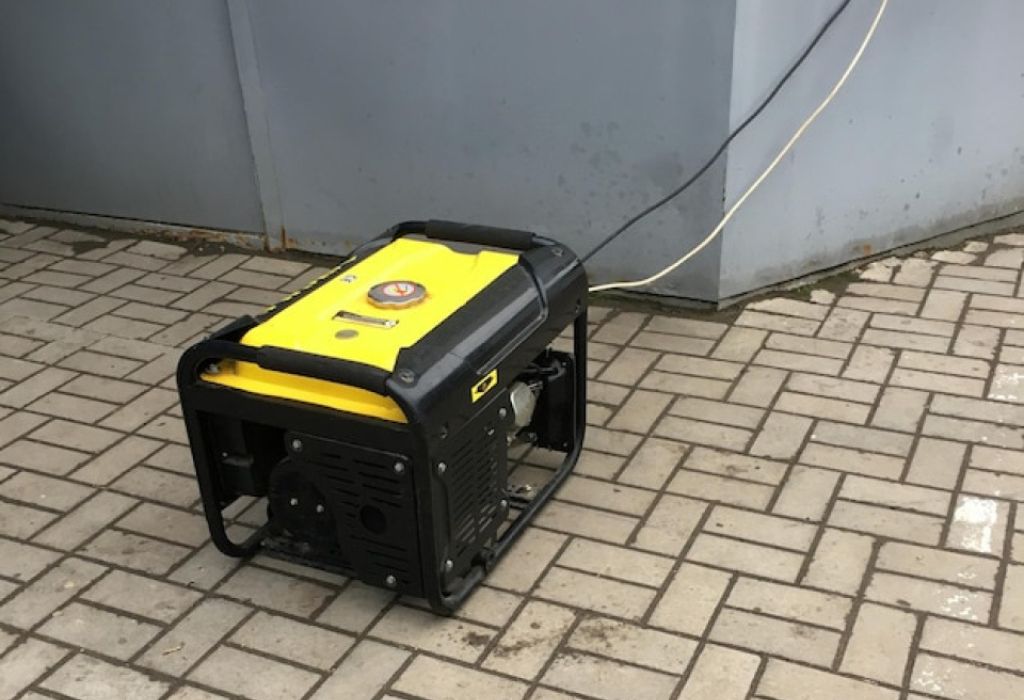
Upgrading to a smart converter charger increases charging efficiency. These devices deliver faster, multi-stage charging that protects battery health.
Running the generator long enough ensures batteries reach absorption and float stages. Short bursts waste fuel without fully charging.
Regular battery maintenance also improves charging results. Cleaning terminals, checking water levels in flooded batteries, and testing voltage helps extend battery life.
Combining a generator with solar panels provides more consistent charging, reducing generator runtime and fuel use.
How to make generator charging faster?
Upgrade to a smart converter.
Do smart chargers help?
Yes, they improve efficiency.
Should I add solar panels?
Yes, they reduce generator use.
How often should batteries be maintained?
Check monthly for best results.
Is it safe to charge while camping?
Yes, with proper ventilation.
Conclusion
A generator can charge RV batteries, but it does so indirectly through a converter or inverter/charger. Without these components, batteries will not recharge properly.
Charging speed depends on generator size, converter output, and battery type. Lithium batteries charge faster, while deep cycle lead-acid batteries take longer.
House batteries almost always receive charging from generators, but chassis batteries may require isolators or additional systems. Inverter generators are recommended for quiet, efficient, and clean power.
Final advice: understand your RV’s electrical setup, upgrade outdated equipment, and combine generators with other charging methods for reliable power in 2025.
I’m David R. Coleman, the founder, lead writer, and lifelong tool enthusiast behind GarageToolPro.com. With years of experience in automotive repair, woodworking, and home DIY projects, I created this platform to share practical tips, detailed tool reviews, and step-by-step guides that help mechanics, hobbyists, and homeowners get the job done right the first time.
